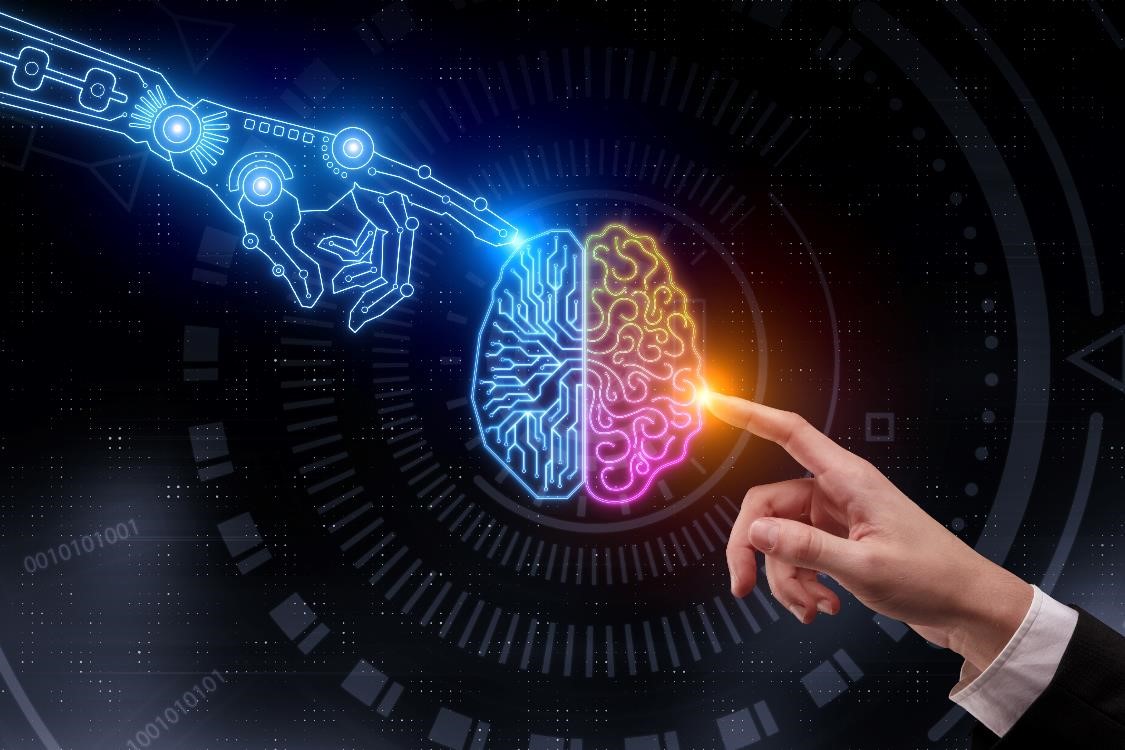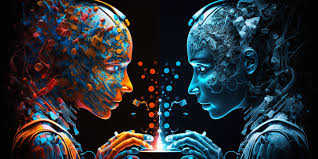Artificial Intelligence (AI) is no longer a concept confined to science fiction. Today, it’s a transformative force revolutionizing industries, economies, and societies worldwide. From healthcare to finance, and from manufacturing to entertainment, AI is redefining how we live, work, and interact with the world. In this post, we will delve into how AI is impacting various sectors, the challenges it poses, and the future it promises.
The Evolution of AI
The journey of AI began decades ago with the development of basic algorithms and simple machine learning models. Over the years, advancements in computing power, data availability, and algorithmic innovation have propelled AI to unprecedented heights. Modern AI systems are capable of learning, reasoning, and self-correcting, making them invaluable tools across multiple domains.
AI in Healthcare
AI is transforming healthcare by enhancing diagnostic accuracy, personalizing treatment plans, and streamlining administrative tasks. Machine learning algorithms analyze vast amounts of medical data to identify patterns and predict patient outcomes. For instance, AI-driven imaging tools assist radiologists in detecting anomalies in X-rays and MRIs with greater precision. Additionally, AI-powered chatbots provide patients with timely medical advice, reducing the burden on healthcare professionals.
Case Study: AI in Oncology
One of the most promising applications of AI in healthcare is in oncology. AI algorithms analyze genetic data to identify mutations that may cause cancer. This allows for the development of personalized treatment plans tailored to the genetic profile of individual patients, improving survival rates and quality of life.
AI in Finance
The finance industry has embraced AI to enhance decision-making, risk management, and customer service. AI algorithms analyze market trends, predict stock prices, and automate trading processes. In risk management, AI models assess credit scores, detect fraudulent activities, and ensure compliance with regulatory requirements.
Case Study: AI in Fraud Detection
AI systems are particularly effective in detecting fraudulent transactions. By analyzing patterns and anomalies in transaction data, AI algorithms can flag suspicious activities in real-time, allowing for immediate action and reducing financial losses.
AI in Manufacturing
In manufacturing, AI optimizes production processes, improves quality control, and reduces operational costs. AI-powered robots perform repetitive tasks with high precision, increasing efficiency and reducing the risk of human error. Predictive maintenance systems use AI to monitor equipment health and predict failures, preventing costly downtime.
Case Study: AI in Predictive Maintenance
Manufacturers are increasingly using AI for predictive maintenance. Sensors collect data on machine performance, which AI algorithms analyze to predict when a machine is likely to fail. This allows for timely maintenance, minimizing downtime and extending the lifespan of equipment.
AI in Entertainment
The entertainment industry leverages AI to create immersive experiences, personalize content, and enhance creativity. AI algorithms analyze user preferences to recommend movies, music, and TV shows. In video game development, AI generates realistic environments and characters, creating more engaging and interactive experiences.
Case Study: AI in Content Recommendation
Streaming platforms like Netflix and Spotify use AI to recommend content based on user preferences. By analyzing viewing and listening habits, AI algorithms curate personalized playlists and suggestions, keeping users engaged and satisfied.
Challenges and Ethical Considerations
While AI offers numerous benefits, it also poses significant challenges and ethical concerns. Issues such as data privacy, algorithmic bias, and job displacement need to be addressed to ensure the responsible and equitable deployment of AI.
- Data Privacy: The vast amounts of data required for AI systems raise concerns about privacy and security. Ensuring data protection and compliance with regulations is crucial.
- Algorithmic Bias: AI algorithms can inadvertently perpetuate biases present in training data. It is essential to develop fair and transparent AI systems to prevent discrimination.
- Job Displacement: The automation of tasks by AI may lead to job displacement in certain sectors. It is important to invest in reskilling and upskilling initiatives to prepare the workforce for an AI-driven future.
The Future of AI
The future of AI is bright, with continuous advancements expected to drive further innovation and transformation. Areas such as natural language processing, autonomous systems, and AI ethics will likely see significant progress. Collaboration between governments, industries, and academia will be essential to harness the full potential of AI and address its challenges.
AI is undeniably a game-changer, with the potential to revolutionize every aspect of our lives. By understanding its impact on various sectors, we can better prepare for the changes it brings and leverage its capabilities for the greater good. As we continue to explore the possibilities of AI, it is crucial to approach its development and deployment with responsibility, ensuring that its benefits are shared equitably across society.
Join the conversation and share your thoughts on the future of AI in the comments below. Together, let’s shape a future where AI enhances our lives and drives progress for all.





Leave a Reply